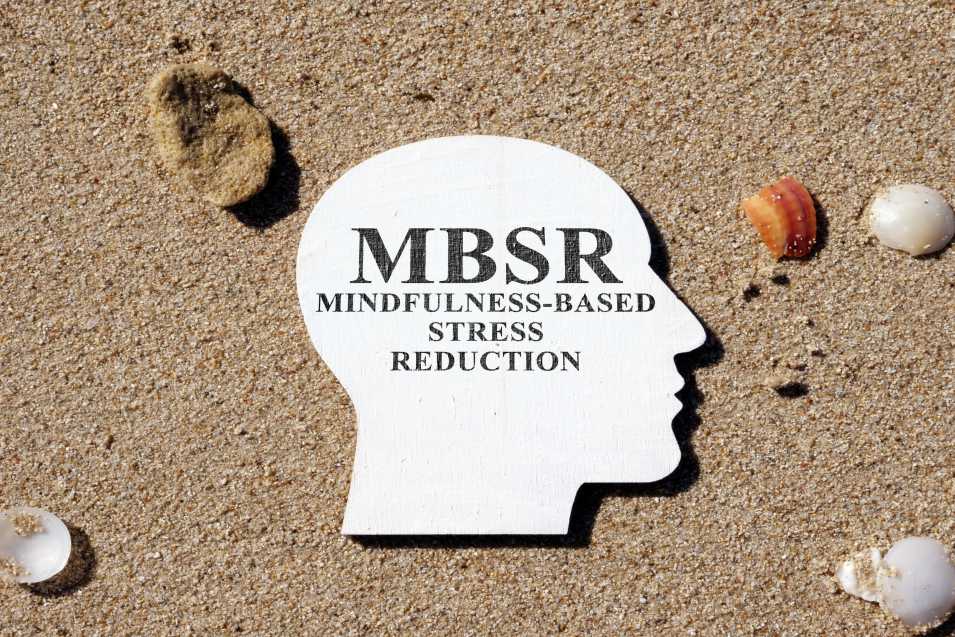Utilizing mindfulness-based cognitive therapy training as a treatment for aggressiveness is an effective method to assist those experiencing anxiety and anger disorders. This method of therapy offers numerous advantages, but, it also has several constraints.
Mindfulness Based Cognitive Therapy Methods
Whether you are an established therapist or a beginner, learning about mindfulness based cognitive therapy training methods can help you better serve your clients. This type of therapy aims to break the cycle of negative thoughts and feelings that are often a result of maladaptive thinking. It teaches people to change their thinking styles to help them better cope with their symptoms and improve their quality of life.
The methods of mindfulness based cognitive therapy training include exercises and activities that are meant to help individuals become aware of their negative thought patterns. These exercises are usually done individually or as part of a group. During a group session, a mindfulness instructor will lead participants through guided awareness exercises, such as a body scan. This brief exercise involves lying on one’s back, paying attention to one’s bodily sensations.
Related Article: Acceptance and Commitment Therapy Hexaflex
A related but more complex exercise is the use of meditation to help increase awareness of one’s thoughts and feelings. This may include formal meditation, or it may be more informal.
Mechanisms Of Action
Despite the growing interest in mindfulness-based interventions, the mechanisms of action for MBCT and MBSR have yet to be well-established. In fact, there are only so many studies that have fully met Kazdin’s criteria for examining treatment mechanisms.
The current literature suggests that MBCT improves psychological and physical health. MBCT may be particularly effective in treating major depressive disorder. The question is, however, whether it has similar mechanisms of action as maintenance antidepressants. MBCT has been shown to reduce the incidence of recurrent depression and may help people with active depression to maintain their recovery. It may also be effective in relapse prevention.
An overview of the literature reveals that there are a variety of mechanisms of action for MBCT. The main mechanisms identified include improvements in body awareness, attentional regulation, and self-compassion. These changes in these domains may facilitate the processing of difficult emotions. Several studies have found that MBCT improves attentional control, and preliminary functional neuroimaging studies support this account.
Related Article: Bibliotherapy Training
Effects On Aggression And Anger
Various psychological treatments for anger have been shown to be effective. Cognitive therapy, stress inoculation, and mindfulness-based cognitive therapy have all shown effect sizes that are above the usual range. However, while the effect sizes are impressive, they are not without limitations.
This review compiled several studies to examine the effectiveness of various psychological treatments for anger. Specifically, we examined the effects of mindfulness based cognitive therapy training on aggression and anger. We examined three different outcomes to evaluate the effectiveness of this treatment, including the number of relapses, the number of suicidal thoughts, and the number of suicidal attempts.

The study used a meta-regression analysis to determine the relationship between the number of treatment sessions and the overall effect of anger. It found that the overall effect size was maintained after four to eight weeks. However, the effect size remained relatively small after a year. The overall effect size was not predicted by the number of treatment sessions or the number of participants.
Related Artcle: Narcissistic Personality Disorder and Supportive Therapy
Mindfulness Based Cognitive Therapy Training – Limitations
Mindfulness based cognitive therapy training is a relatively new treatment modality. It is based on the theory of cognitive behavioral therapy (CBT) which teaches people to manage their thoughts and emotions. It is a group-based therapy. It uses reality testing to compare thoughts to actual facts and teaches people to set SMART goals.
The goal of Mindfulness based cognitive therapy training is to provide people with the skills they need to cope with their feelings and symptoms, and to change thoughts that contribute to the spiral. It is not a psychodynamic therapy and should not be considered as a replacement for medication or traditional talk-based psychotherapy. However, it has been shown to help people cope with their symptoms and relapse. It may also help people with severe mental health problems.
The National Institute for Health and Care Excellence recommends mindfulness intervention for people with recurrent depressive episodes. Mindfulness-based cognitive therapy has been shown to be effective in preventing depressive relapse. However, the long-term benefits of MBCT are not yet clear.
Related Article: Cognitive Behavioral Therapy NYC
